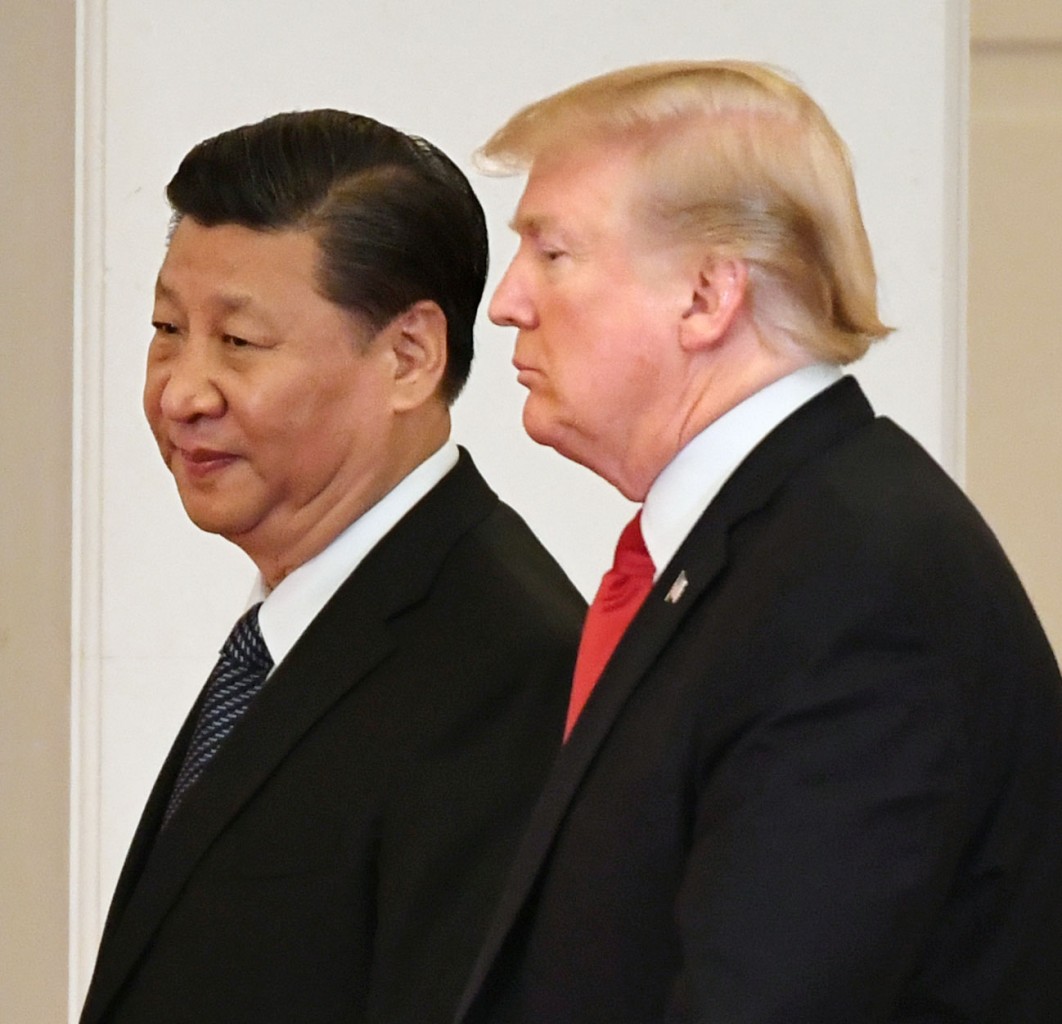Analysis
While Trump barks on Twitter, Beijing closes deals
China has quietly handled Trump’s trade war by mobilizing with the European Union, which has ignored human rights concerns and signed trade agreements.

The latest moves made by “global China” are a litmus test revealing the historical importance of the changes happening nowadays. These transformations are occurring at the same time as Trump’s pronouncements about the EU, NATO and Russia.
During Trump’s recent performances on the world stage, the Chinese Prime Minister was in Europe, after which he welcomed the European delegation consisting of Juncker and Tusk in Beijing, an occasion which marked the 20th meeting between China and the EU.
Beijing and Washington stand for two opposite strategies. Trump is full of bluster on Twitter while following an unsteady course, and has designated Iran as his number one enemy while placing the European Union in his crosshairs as well. Meanwhile, Beijing moves forward with its meetings, pursuing its agenda and responding to the burgeoning trade war in a quiet manner—yet, it seems all the more ready to take advantage of the gaps that the irrepressible Trumpian dialectic is opening up.
Moreover, the Chinese are good at waiting, observing and then launching a headlong push when circumstances are favorable to them. During his trip to Europe, Li Keqiang was in Sofia and Berlin. In Sofia he took part in the “16 + 1” summit, a format which features Beijing entering into dialogue with the countries of central and eastern Europe, and one which Brussels has repeatedly criticized as risky. The EU’s suspicions date from the first such meeting in 2002, fueled by the feeling that China aims to work towards dividing European interests.
Beijing has defended such talks in clear terms, saying that its whole global approach is benevolent and “fatherly,” not aimed at stoking any conflict, and that, most importantly, the biggest Asian investors in this area of Europe are still Seoul and Tokyo, which are even more distant from Germany’s interests when considering the current trade agreements. Beijing needs influence in this area to ensure a fluid implementation of its New Silk Road project, and to ensure it works toward balancing out its relationship with Germany—which, along with Russia, has important business interests, as well as hegemonic ambitions, in the area.
Berlin was in fact the venue where Li Keqiang achieved the most significant results in terms of global strategic impact.
China and Germany have now signed agreements worth $20 billion (China is Germany’s largest trading partner). Furthermore, Beijing also agreed to release Liu Xia—the wife of the poet and Nobel Prize winner Liu Xiaobo, who died in 2017 in the hospital of the Chinese prison where he had been held for years—and to allow her to go to Germany for treatment. It was a strong signal, indicating that Beijing has no plans to alter its relationship with Germany, and giving Merkel the opportunity to boast of being a champion of human rights.
A few days later, Juncker and Tusk traveled to Beijing. To understand where relations between the EU and China currently stand, one should keep in mind that during the previous two meetings it had been impossible to reach a joint statement, due to the disagreements on the question of the South China Sea and the EU’s skepticism regarding the New Silk Road.
However, now things seem to be changing quickly, and the Trump phenomenon has led Brussels to take a more flexible position: not only was a joint statement released after the meeting this year, but Brussels seems to have let go of its previous qualms toward Beijing: no reference was made to the dispute about the South China Sea, and clear and explicit support for the “One China policy” regarding Taiwan was affirmed.
It appears that China has achieved great successes, being quick to mobilize its pieces on the European chessboard—while at the same time Xi Jinping himself was in Dubai and was about to start his African tour (another area that might also be of interest to the Europeans in connection with the issue of migrants, as suggested by many analysts, including former Italian Prime Minister Romano Prodi, a great connoisseur of the Asian colossus).
New alliances, new agreements: everything seems to be going at a much quicker pace than in the past. Nowadays, the multilateral world is less reliant on historical “friendships,” resulting in a much more fluid approach to international crises wherever they arise.
And in order to understand the direction these changes are taking today, one would do well to look more to Beijing than to Washington, whether the US mainstream media, or the governments still tied to the US agenda, like it or not.
Originally published at https://ilmanifesto.it/trump-sbraita-e-tuitta-pechino-chiude-accordi/ on 2018-07-21
